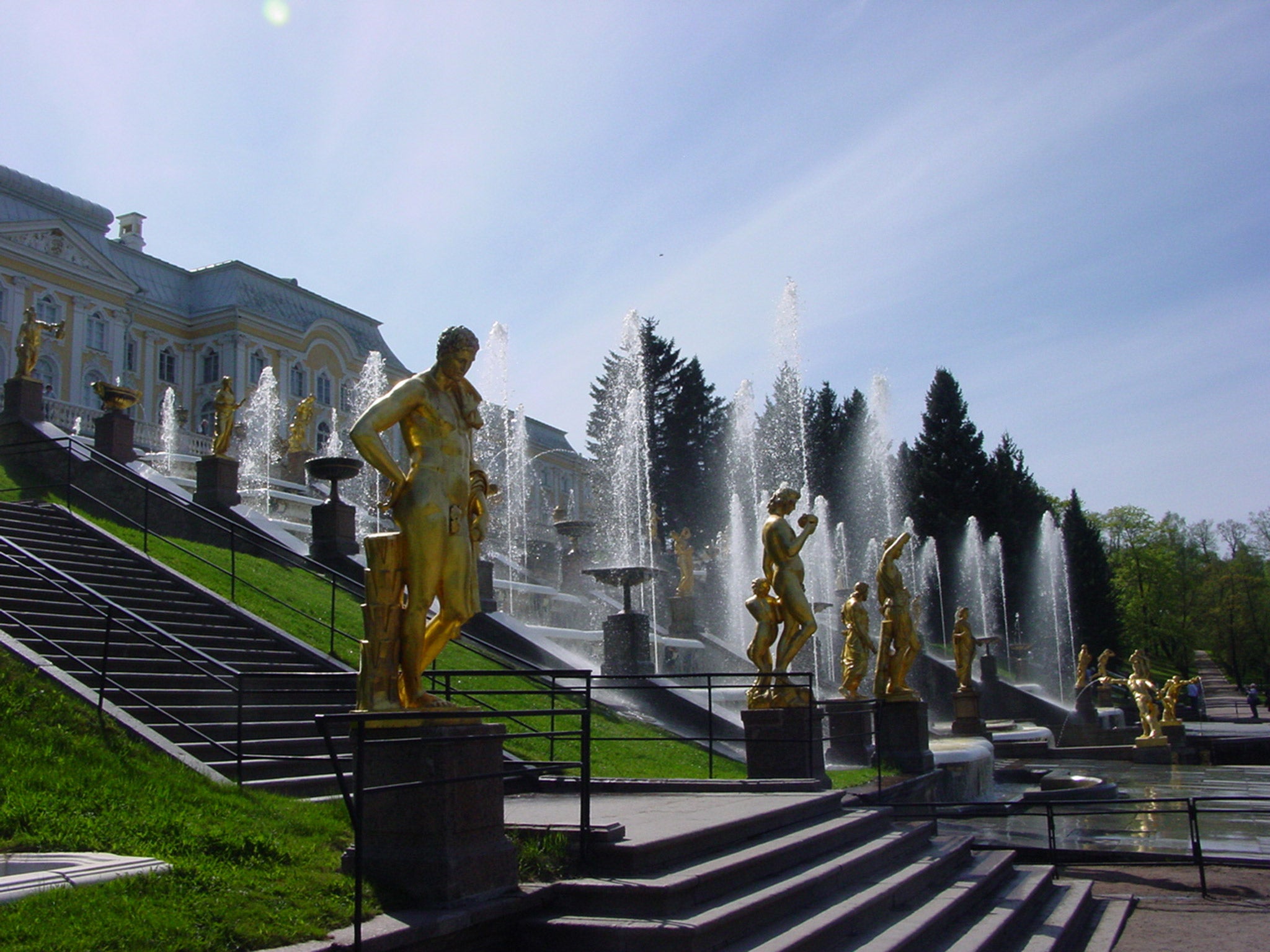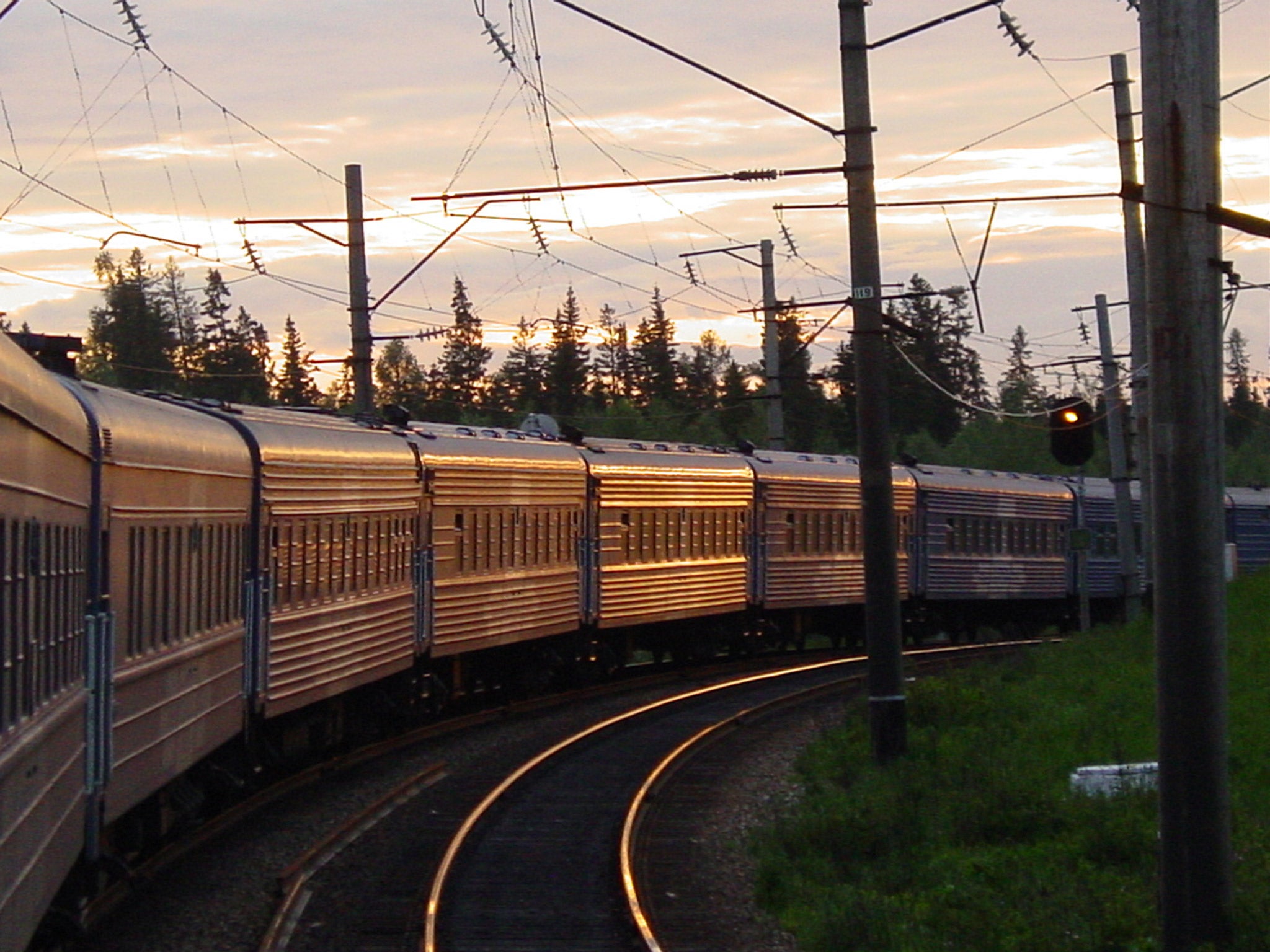As Russian economy tanks, Brits stand to benefit from great travel deals
Flights to Russia are at an all-time low - and luxury hotels around the world stand empty

Air fares between the UK and Russia have plummeted to their lowest level since the start of the jet age, with tickets from Gatwick and Manchester to Moscow widely available at around £50 return. And at luxury hotels in Europe and beach resorts in Asia, dwindling visitor numbers from Russia mean bargains for Brits.
On easyJet’s routes to Moscow in February and March, it is easy to find air fares as low as £53 return, and because of the way the airline prices its flights, a couple will pay only £47 each. The weakness of the rouble means living costs will be low. But Russian visas are more difficult and expensive to obtain than in the days of the USSR, dampening demand for short breaks to Moscow and St Petersburg.
Russian tourists travelling abroad face costs that, in rouble terms, have doubled in the course of a year. The country’s travel industry is under stress: a series of failures by Russian tour operators this year left thousands of tourists stranded at their holiday destinations, unable to fly home on their original tickets.
The decline in tourists travelling from Russia is also affecting high-end European resorts and mass-market Middle East and Asian destinations. While the price of oil was high and the economy was doing relatively well, Russian tourists tended to outbid other nationalities. Patrick Millar, of the upmarket London-based firm Kirker Holidays said there has been a slump in demand from Russian guests at five-star hotels in cities such as Paris, Venice, Monaco and Prague: “The Russians who would usually be paying top rate are not there. The hotels are seeing a lot of additional capacity. There are offers coming through every day.”
Three-nights-for-the-price-of-two is a popular offer from luxury hotels in the first few months of the new year.

The European Travel Commission predicts Russian outbound tourism will dwindle further in 2015. Valeria Croce, who has conducted research into the decline, said there is a perception among some Russians that they will face hostility in Europe as a result of their country’s involvement in the Crimea: “Markets need to be aware of this and should ensure they take steps to ensure Russian tourists feel as welcome as they did before the Crimean crisis.”
Mainstream Russian tourists tend to go to destinations in the eastern Mediterranean, the Middle East and Asia, because visa requirements are generally less onerous than for the EU. A spokesman for the long-haul specialist Kuoni said: “There is an opportunity, particularly at three- and four-star hotels in Thailand and Dubai, for example, where they have higher volumes of Russian visitors.”
Wealthy Russians have been frequent visitors to upmarket ski resorts. It is thought some may stay away this winter - though properties will be hoping that a lack of bookings is down to the Russian market preferring to book late. Chris Richard, of the Courchevel website Courchnet.com, said any decline “will not become apparent until after the Orthodox New Year in early January.”
Five great Russian destinations
The world’s biggest country has a marvellous diversity, but these are some of the highlights.
St Petersburg
If you visit only one Russian city, make it the capital that Peter the Great created from a swamp at the eastern extreme of the Baltic. The Tsar brought Europe’s finest architects to create a “window on the world”, which was then embellished by successive rulers. Today, St Petersburg still dazzles, its heart an astonishing coherent repertoire of 18th century architecture despite the onslaught of the Second World War and seven decades of state communism.
Lake Baikal
The gateway to the world’s greatest body of water is the elegant city of Irkutsk. You can travel by hydrofoil upriver to Lake Baikal, which has the same surface area as Belgium and contains one-fifth of all the world’s fresh water - making it one of the most important ecosystems on earth, with a vast amount of unique wildlife.

The Trans-Siberian Railway
This is the infrastructure that defines a nation: an iron umbilical that connects the capital with the Pacific, threading through the Urals and across the vastness of Siberia. Even in the age of the plane, it remains an essential component for connecting communities - and the world’s ultimate train ride.
Suzdal
This tiny city - and former capital - east of Moscow was bypassed by the Trans-Siberian, and as a backwater survived the 20th century in remarkably good shape. It is the real gem in the “Golden Ring” of historic towns near Moscow - and besides exploring dainty wooden cottages and glorious churches, you can go cross-country skiing right through the long winter.
Moscow
The biggest city in northern Europe sprawls across the endless Russian plain, but the central core is easily accessible - thanks to the magnificent Metro system. Many Russian cities have a kremlin, or citadel, but Moscow’s is the only one that gets the definite article. The Russian power base includes some ravishing palaces and churches. Outside, Red Square remains a potent symbol of power - and grand avenues rippling from the centre are punctuated with mighty skycrapers.
Join our commenting forum
Join thought-provoking conversations, follow other Independent readers and see their replies
Comments